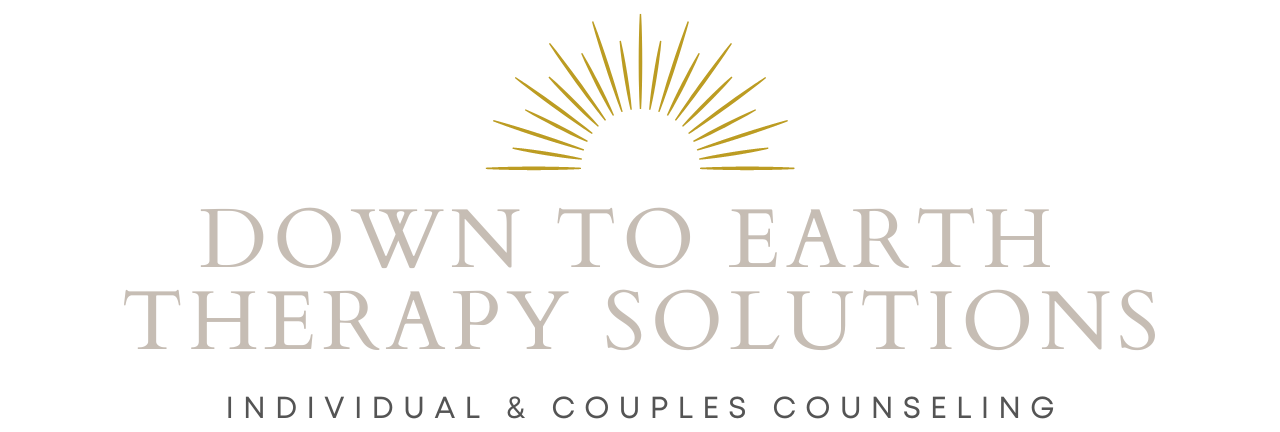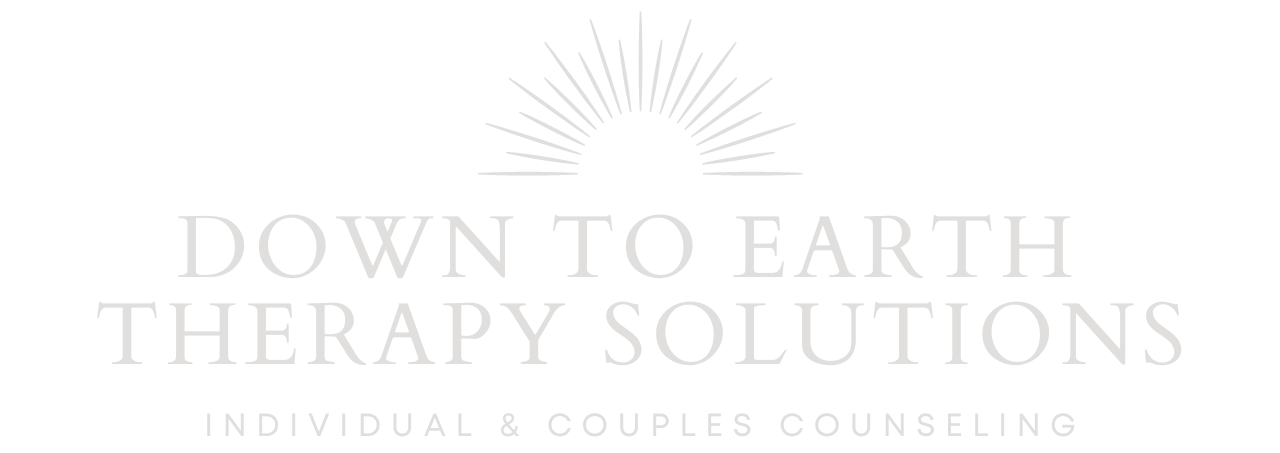Embracing the New Year ahead seems a little different than it has before. It seems more challenging and daunting, thus leading to a general sense of uncertainty or confusion. Life is often unpredictable, but in this unpredictability can be the birth of hope, growth, and motivation for new habits and opportunities. Here are some ways to approach the New Year when you’re navigating uncertainty:
-
Accept That Uncertainty is Part of Life
Nothing in life is guaranteed. Uncertainty is something that everyone experiences at great lengths at different points in their life. Often this uncertainty stems from the expecting something particular to happen and when it doesn’t, uncertainty and anxiety can occur. The more expectations or assumptions we have about what we think would or should happen, the more uncertainty we will experience.
**How to Practice: ** Explore some mindfulness techniques. Being in a state of
mindfulness is being able to be present in a moment, experience that moment, and then
describe what you experienced. This also allows you to learn to sit with uncomfortable
feelings and thoughts you have without trying to avoid. This can help you develop a greater sense of resilience in the face of change. YouTube and multiple different apps can help start this exploration. -
Focus on What You Can Control
When the world feels chaotic, it’s empowering to focus on what you can influence. Instead of trying to control the things around us, focus on the elements of things you can control. You can control if you take on a new hobby, learning more about your feelings, creating a new schedule to follow, etc. Even focusing on the food you eat helps gain an overall sense of control in spaces you feel chaotic in. Start small and build on
that.
**How to Practice: ** Make a list of things you can control. This could include your daily habits, the quality of your relationships, or how you choose to spend your time. All of these things allow more feelings of control over your experience. -
Set Intentions, Not Expectations
Intentions and expectations are very different. Intentions focus on the process of obtaining of achieving a set goal. It’s a dynamic process of identifying a goal, setting up behaviors towards this goal, and monitoring and evaluating the progress towards the goal. Contrary to that, an expectation is a rigid belief that something will happen. It’s a false sense of security with no plans or personal implementations towards the idea. Usually, expectations are placed on others and outside things thus truly giving you no control. Setting an intention places the control with you rather than a general hope that it will happen.
**How to Practice: ** Instead of a specific outcome (like “lose 20 pounds”), you could set an intention like “I want to take better care of my body” or “I want to cultivate more patience with myself and others.” These specific intentions help make life changes and not just a general hope of an outcome happening.
-
Create Small, Meaningful Rituals
When the world feels out of control, creating small rituals or habits can ground you. Whether it’s starting the day with a cup of tea, journaling, going for a walk, or lighting a candle in the evening, these simple acts can provide a sense of structure and comfort. These small practices create a routine and something that you will look forward to daily. Again, start small so that a routine can be created and cultivated over time. Remember,
even things you want take time to work towards and achieve.
**How to Practice: ** Identify a ritual that helps you feel centered. It could be as simple
as writing down one thing you’re grateful for every morning. -
Practice Self-Compassion
In times of confusion and stress, it’s easy to be hard on ourselves. We can get in our heads about what we are or are not doing and this leads to further feelings of chaos and uncertainty. Recognizing that uncertainty is hard for everyone and that it’s okay not to have all the answers is essential. Be kind to yourself, and don’t feel pressured to “have it all figured out” right away because the truth is none of us do. Some just make it look
like they do.
**How to Practice: ** When you feel overwhelmed, pause, and give yourself a little pep talk. Talk to yourself like you would a friend going through what you’re going through. We often have more compassion for a friend than we do ourselves. Offer yourself reassurance, understanding and validation. -
Find Meaning in the Chaos
Ever hear someone say, “there’s method to my madness”. Sometimes, uncertainty forces us to reexamine what’s truly important and begin to sort out the things that we can control and let go of the things we cannot control. It can be an opportunity to reconnect with your core values and reflect on what gives your life meaning, whether it’s relationships, creativity, service to others, or personal growth. Chaos does not always
mean stress. Chaos can be beautiful and a rebirth. A summer storm is chaos but brings
new growth from it.
**How to Practice: ** Take some time to reflect on what truly matters to you. As humans we want to believe that we will remember all the things that are important to us. That’s not the case. Our brains and life get in the way. Writing things down allows it to serve as a compass as you navigate the coming year as well to remember what we want our intentions to be.
-
Connect with Others
Isolation only serves to increase our uncertainty and stressful experiences. One will likely feel more alone and increase anxiety. Even when it feels like awkward or that we won’t be understood, give others a chance. Meaningful connections with others can serve as a sounding board to what you are thinking and experiencing, can provide support, perspective, reassurance, and minimally a distraction from the bigger things you’re experiencing. Sharing your feelings, challenges, and hopes with trusted friends or family can help you feel less alone, and you never know, this share experience might not only give you a space to share but also give others a space to experience too.
**How to Practice: ** Reach out to someone you trust and share your experiences. If you’re not ready to talk, just being around others (even virtually) can help. -
Embrace Flexibility and Adaptability
The ability to adapt to changing circumstances is crucial when facing uncertainty. Flexibility allows you to adjust your plans and expectations as needed without feeling defeated. The more open you are to change, the more empowered you become in handling whatever the future brings. Change is hard for even the people that manage well. Embracing small changes to start with help with the bigger changes as they come
up.
**How to Practice: ** Cultivate a mindset of adaptability by focusing on the opportunities in change rather than the challenges. Instead of resisting a shift in plans, try asking yourself: “What can I learn from this?” -
Practice Patience
Understanding that change and clarity takes time. Be patient with both the world around you and you. Growth doesn’t always happen on a fixed schedule, and it’s okay to take things one step at a time. Being open to reflecting on how things didn’t go the way that you expected them or embracing the ways that things turn out better than expected can be a place of practice and patience overall.
**How to Practice: ** When you feel impatience rising, remind yourself that you don’t need to have all the answers today. Focus on taking one small action, even if it’s just breathing deeply for a moment.
-
Trust in the Process
There’s a certain beauty in the unknown, even though it can be unsettling. The New Year presents an opportunity to trust in the process of life—believing that things will unfold as they are meant to, even if you can’t see the full picture yet. I know that’s a difficult reframe to work on but it’s also one that is realistic and one that can help with letting go of emotions and thoughts that lead to anxiety, overwhelm, and uncertainty.
**How to Practice: ** Reflect on past experiences where uncertainty eventually led to something meaningful or transformative. Use those moments as reminders that growth often comes in unexpected ways. This is also where it can be helpful to keep things written down to reflect later it. Our brains don’t always remember these moments and having that snapshot to recall will help the process along.
Final Thought:
We put a lot of faith and hope into embracing the New Year. In times where we feel things are uncertain, this might feel like it is additionally daunting. This is a good spot to remember than we don’t have to have everything figured out and letting go of some expectations give room for some intentions to be born. It’s time to be gentler with yourself, be open and non-judgmental, and all for the process to happen with some goals in mind of what you can control. Having this gentle balance of knowing what you’re working on and what you can control and letting go of the rest can help this truly be a New Year of change that you can cultivate.




